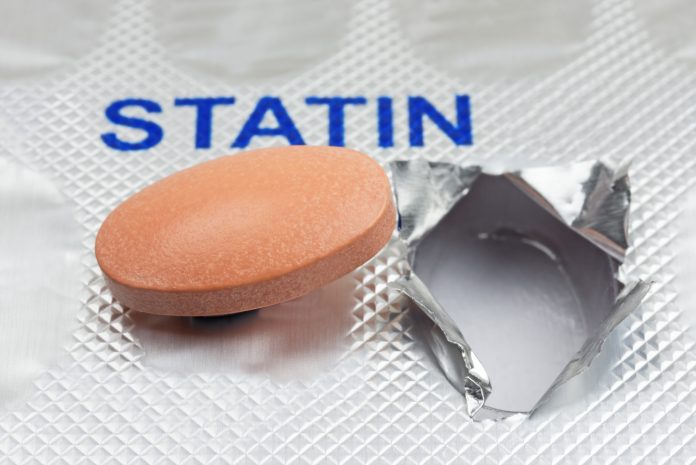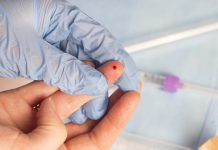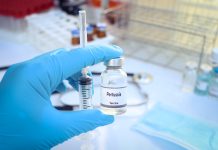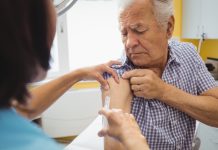Researchers have confirmed that statin medication lower the risk of in-hospital death from COVID-19, following a new study
In a new study from the University of California San Diego School of Medicine, researchers have discovered that patients taking statin medications, commonly used to reduce blood cholesterol levels, had a 41% lower risk of in-hospital death from COVID-19.
Using data from the American Heart Association’s COVID-19 Cardiovascular Disease Registry, the team analysed the medical records of 10,541 hospitalised COVID-19 patients over a nine-month period (January-September 2020) at 104 different hospitals.
Lori Daniels, MD, professor and director of the Cardiovascular Intensive Care Unit at UC San Diego Health and lead study author, said: “When faced with this virus at the beginning of the pandemic, there was a lot of speculation surrounding certain medications that affect the body’s ACE2 receptor, including statins, and whether they may influence COVID-19 risk.
Statins
“At the time, we thought that statins may inhibit SARS-CoV-2 infection through their known anti-inflammatory effects and binding capabilities, which could potentially stop progression of the virus.”
“From this data, we performed more advanced analyses as we attempted to control for coexisting medical conditions, socioeconomic status and hospital factors,” said Daniels. “In doing so, we confirmed our prior findings that statins are associated with a reduced risk of death from COVID-19 among patients hospitalised for COVID-19.”
“We matched each patient to one or more similar patients, using hospital site, month of admission, age, race, ethnicity, gender, and a list of pre-existing conditions, in order to make the two groups as comparable as possible” added Karen Messer, PhD, study co-author and professor of biostatistics at UC San Diego School of Medicine.
“As with any observational study, we cannot say for certain that the associations we describe between statin use and reduced severity of COVID-19 infection are definitely due to the statins themselves; however, we can now say with very strong evidence that they may play a role in substantially lowering a patient’s risk of death from COVID-19,” Daniels concludes. “We hope that our research findings are an incentive for patients to continue with their medication.”
The full study has been published in PLOS ONE.











